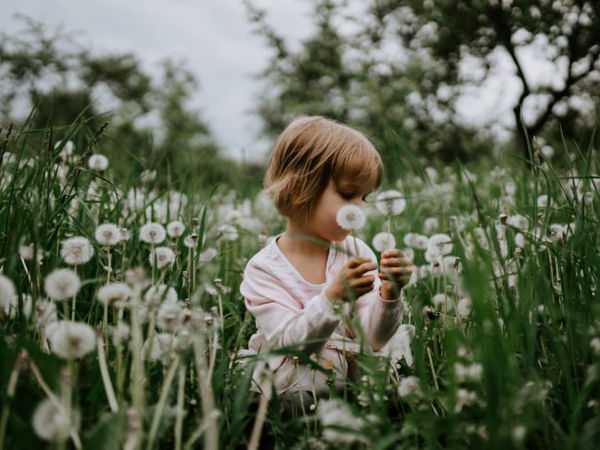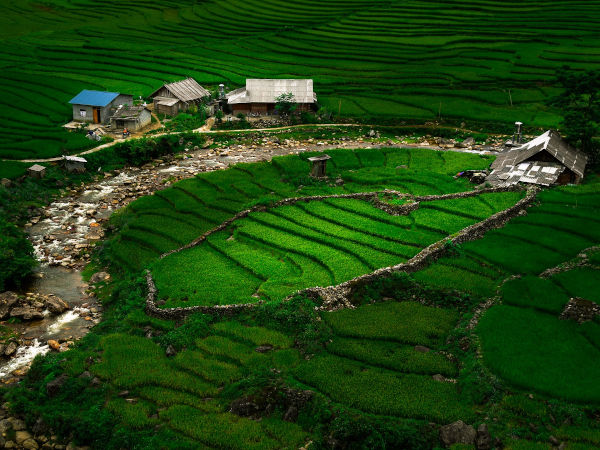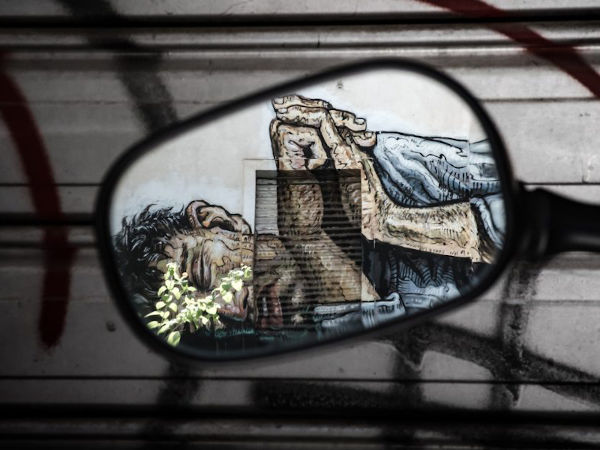Disturbing Institutional Narratives of Inclusion, Diversity, and Belonging
Despite altruistic intentions, the words “diversity”, “inclusion”, and “equity”, inevitably, carry political overtones—the voice of wounded personal or collective egos struggling for power. Belonging, however, brings us back to the heart space: our basic human need for acceptance and our potential to give love, compassion, and empathy. Therefore, to honestly work towards inclusion, diversity, and belonging in our social institutions, we need to have the courage to look into the mirror of what is within us: long-held memories of past pain, unfilled dreams of a better future, and narratives that keep us from believing. Only then, can we dismantle existing paradigms that don’t honour our loving hearts.
In the previous post I shared a teaching philosophy statement I used for a job application. In this post, I’m going to share my statement of diversity, inclusion, and belonging for the same application. Admittedly, my views about this very prominent social concern comes from a perspective that challenges what has become an appropriately safe but righteous stand on this issue. Self-righteousness comes from the ego—a self-serving tunneled perspective that will never see the light. To get to the matter, we need to hold a mirror up and disturb the narrative, with our hearts, not with our egos, and have the courage to face what we see. I liked my statement a lot even though I didn’t get the job, so I’m excited to share it here. This version of the statement has been slightly edited and includes a paragraph on land acknowledgments.
Shifting institutional paradigms: returning to what it means to belong
Institutions have been increasingly concerned about dismantling systemic oppression and encouraging equity. This process of social change is most appropriate for universities because the root of our oppressive and inequitable systems, I believe, is found in faulty paradigms about knowledge. Specifically, society’s predominate worldview prioritizes empirical, institutionalized, and detached forms of knowledge over the wisdom of personal intuition, lived experience, and ancient or esoteric knowledge. Human connection is grounded through storytelling. Therefore, foundational to my pedagogy is the goal to disrupt long-established divisions between knowledge and wisdom by encouraging reflections on human experiences, interpretations, and expressions of life through personal storytelling of students, research participants, and even myself.
Inspired by systems theorist Fritjof Capra’s claim in the movie Mindwalk (1991) that human society is deep in a “crisis of perception”, I started to dub our social predicament as the “crisis of not-belonging.” However, I’ve discovered that this crisis of not-belonging is two-fold: it’s mirrored by humanity’s “crisis of identity”, as evident in society’s increasing need to find more belonging by reinforcing identities. But reinforcing identities through a collective foundation of insecurity has led to power struggles and polarization in many ways possible, not just with identities of race, gender, and sexuality, but also in people’s positions of belief regarding practically anything (e.g., conflicts in ways to live in a pandemic).
Accordingly, to truly meet an institution’s call for community members to commit to diversity and inclusion, we need to look deeply at what it means to belong.
I appreciate that the word “belonging” has been included in this statement. Despite altruistic intentions, the words “diversity”, “inclusion”, and “equity”, inevitably, carry political overtones. To clarify, political in this context refers more broadly to the power struggles created by personal or collective egos—and ego simply refers to the Buddhist idea of how humans have the tendency to identify with our thoughts. Therefore, wounded egos are wounded narratives of identity which can only be healed by a loving heart. Belonging brings us back to this heart space: our basic human need for (self) acceptance and our potential to give (self) love, compassion, and empathy.
True belonging is existential and psychological (of mind, body, and soul). Therefore, to be inclusive to all the identities out there, we must go back to our collective “crisis of identity” and heal that broadest identity of being a human being—resilient yet vulnerable, independent yet interconnected. I don’t believe that there is a short-cut to this healing. Attempts otherwise are only cases of tokenism, denial, or band-aid solutions.
My goal is to bring awareness to faulty narratives found in our predominant worldviews and to instigate paradigm shifts through individual and collective reflection. Below are three necessary paradigms for us to collectively work through.
The paradigm of not-belonging
Indigenous worldviews see humans as belonging to the land. Western capitalist worldviews see land as property belonging to humans. There is much talk about Reconciliation in Canada, but real reconciliation cannot happen until we reconcile these worldviews. The predicament of our global social-ecological crises is that, psychologically, humanity cannot find true belonging unless we consider ourselves as belonging to the land. Land ownership, as opposed to land stewardship, is a perspective that neglects our reciprocity with the natural world. In rejecting that external relationship with nature, we are also rejecting the truth of our own inner nature. Self-rejection at the collective level has been detrimental to ourselves and to our home planet.
The practice of Land Acknowledgement has become the norm in institutions. But let’s be honest here: are we really acknowledging the land in this practice or are we acknowledging the guilt of a burdensome history? Or neither? Acknowledging feelings of guilt is an appropriate way to heal but to use the land as pretext to repress those feelings (of guilt or shame, anger, fear, etc.) by misleading ourselves into believing that something virtuous has been done is problematic. This guilt is not mine to carry, and it has taken me some time and toil to realize this. Likewise, it’s a cruelty to have this guilt dumped on children who have no choice to be born into the circumstances.
These children may be destined to transmute this guilt into acceptance, but this can only happen when they realize that they were never guilty to begin with and that they intrinsically belong to the land. When we understand this natural belonging, we are simultaneously acknowledging the land, repenting and forgiving the past towards reconciliation, and nurturing a wholesome future.
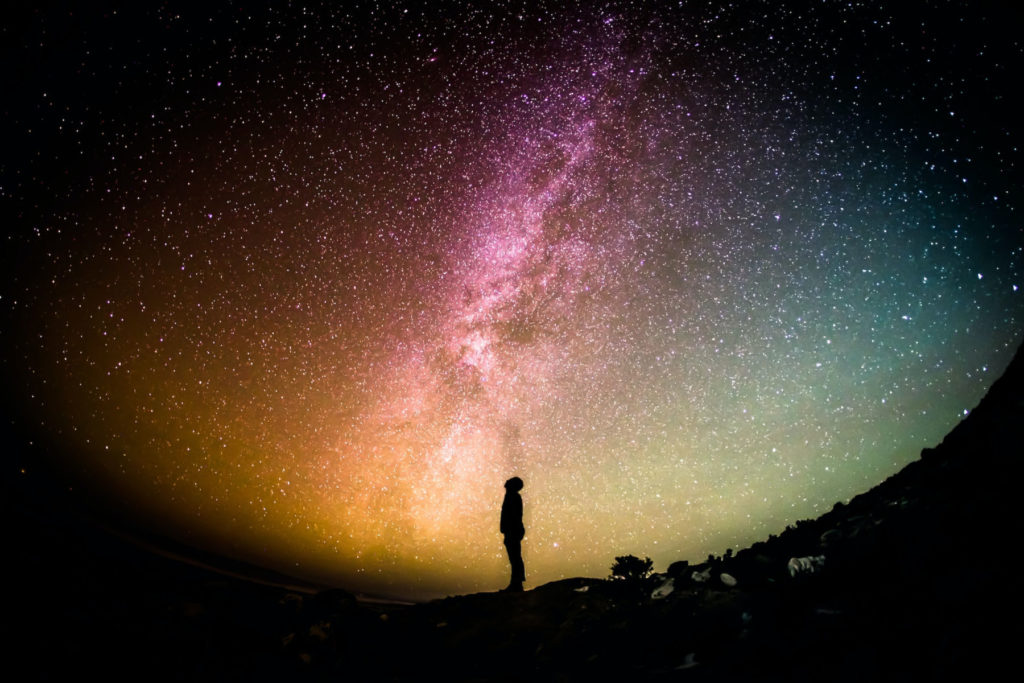
The paradigm of inadequacy
By creating knowledge hierarchies (e.g., institutionalized knowledge as more valid than traditional wisdom, or science as better than intuition), mainstream society has created divisions between cultural groups as well as a collective paradigm of “not enough.” When knowledge is validated predominately through external sources, individuals develop a mistrust in their inner knowing. Collectively, this mistrust becomes our greatest social wound: the notion that, as humans, we are not enough and not worthy to be supported by nature (…especially our own nature). With ideas of “we are not enough”, and “we don’t have enough”, we must compete, commodify, and separate humanity from the rest of nature to compensate. We then build systems that treat nature as an economic resource, including ourselves as products for labour in class-based structures.
Unfortunately, traditional academic systems have perpetuated this paradigm through hierarchical and patriarchal ways of producing and disseminating knowledge, such as in “publish or perish” culture, rejecting emotionality in research or in the workplace, or discouraging subjectivity or alternative ways of expression. By bringing personal experience and self-awareness to the forefront, that is by using a reflexive approach to learning, we acknowledge that personal truths are valid, our voice matters, and we are intrinsically worthy.
The paradigm of exclusivity
While institutions have been working on strategies towards more inclusivity and diversity, much less attention has been given to the psychological cause of our inequitable systems. But if we consider a collective worldview of not-belonging and inadequacy, then our social need to build or maintain systems of hierarchy and separateness makes much sense. Therefore, I turn the idea of inclusion inside out: rather than exhausting efforts on sifting marginalized identities and concepts into (literal or psychological) places of privilege, why not whole-heartedly invest in dismantling the paradigms that necessitate exclusivity instead?
Because, despite our efforts, fighting for inclusion within an established paradigm of exclusivity inevitably means leaving someone behind. As Gayatri Chakravorty Spivak argued in her celebrated essay “Can the Subaltern Speak?” (1988), under our world’s post-colonial structure, specifically, in knowledge production, the subaltern cannot speak. The one who speaks, as a representative of the subaltern, either already possesses authoritative powers or must operate within the constraints of the hegemonic narrative.
However, from a psycho-spiritual perspective, we all have potential to be “subalterns”. Certain social injustices may be viewed as more pertinent than others, but in the context of our cultural narratives and our imposed social value systems, there is a myriad of ways that any given person can feel the shame of being rejected or being seen as inferior. Hence, the tension towards social conformity is created. Yet, if we remove our narratives, we are left with the same essence—human beings with vulnerabilities. Through an ecopsychological lens, we return ourselves back to our commonality as humans.
Two steps are needed in resolving conflicts: awareness of differences and acceptance of commonalities. In a radically polarized society, many people recognize differences, but now it’s time to radically find our commonality of being in the world. The message I have to share about breaking the paradigm of exclusivity is profound: our individual strengths are found in our differences, but our collective strength is found in our commonality.
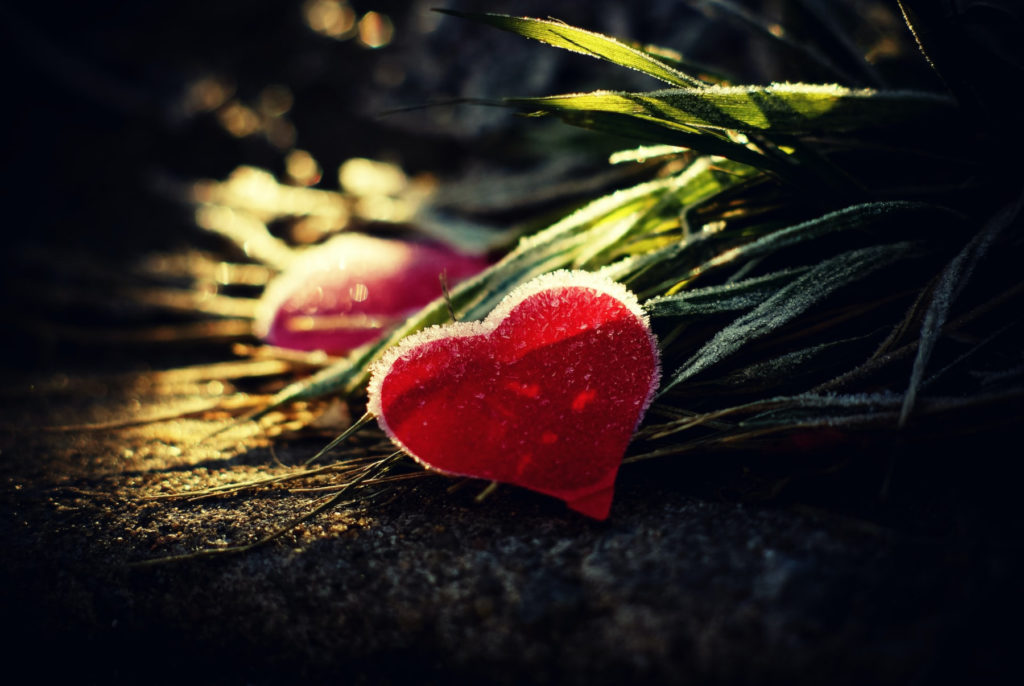
Having the courage to decolonize the heart from the thinking mind
In some ways, decolonization has become an umbrella term to describe current social agendas for collective healing. But despite an abundance of discourse, strategies, and initiatives, the process for decolonization remains unclear. We cannot erase history, so we must learn from it. Or as philosopher George Santayana famously said, we are otherwise “doomed to repeat it.” Certainly, the patterns of history has repeated itself over again and again.
Our failed attempts to learn from our history is not because humans are unteachable, but rather because of our fear to look into the mirror of what is within us: the long-held memories of past pain, the dreams of a better future, and the narratives that keep us from believing these dreams. Healing pain and finding hope requires us to heal our hearts. Therefore, decolonization in its truest sense, means decolonizing our hearts from our thinking minds.
This is what I want to bring into the world: the nurturing of heart-based research, writing, and environmental design so that we can stop feeding into outdated paradigms that lead us back to old cycles of destruction.

